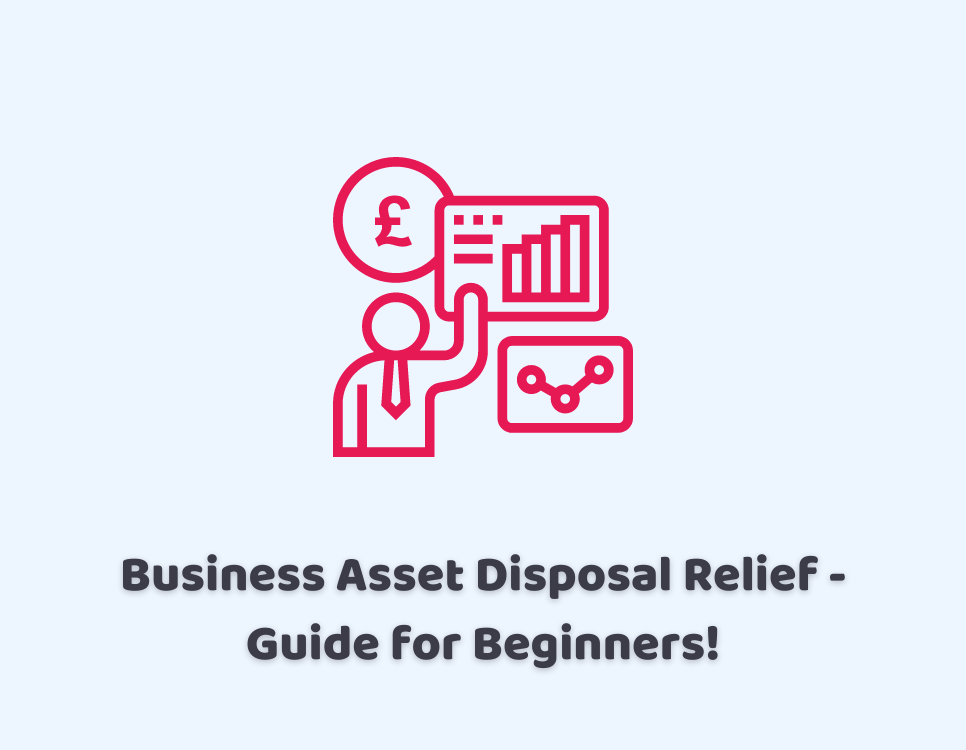The Entrepreneurs’ Relief has been renamed Business Asset Disposal Relief (BADR) since March 2020. It minimises the capital gains tax rate to 10 percent on shares. This makes the United Kingdom tax heaven for business persons. So, if your looking for a significant source to know about BADR, you just have found the right source. …
Read more- Services
- Packages
- About us
- Pay
- Instant Quote
- Instant Quote
- Request Callback
- Explore

